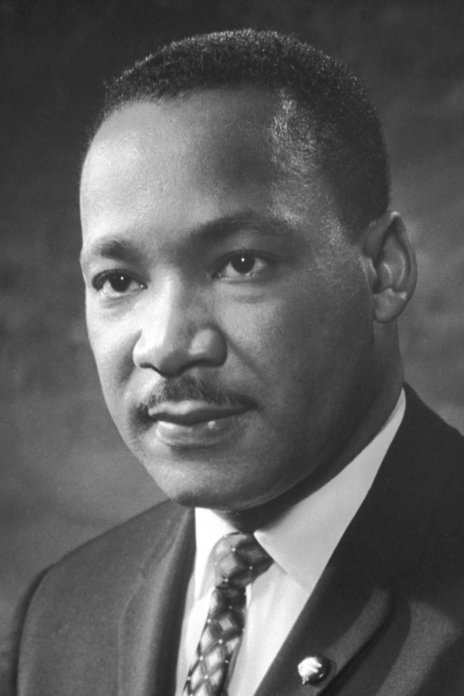Civil Unrest Will Hopefully Lead To Change

Tuesday marked the eighth consecutive day of protests over the death of George Floyd. Floyd, a black man, was handcuffed and in police custody before his death, and was held down by a white police officer who kept his knee pressed on the side of Floyd’s neck for almost nine minutes while Floyd continually stated that he couldn’t breath. The incident happened on Memorial Day in Minneapolis, Minnesota, and since then protests have erupted across not only the United States, but around the world as well.
Yesterday alone, tens of thousands of people took to the streets of U.S. cities, including Los Angeles, Philadelphia, Atlanta, Seattle and Washington, D.C.. People have also protested the injustice in Toronto, Paris, London, Berlin, Copenhagen and Tehran. Protests have taken place on social media as well, including a “Blackout Tuesday” event where many changed their profile picture to a black square and didn’t post anything else for the day. While many of the protests have been peaceful, during the evening crowds have turned to rioting, vandalism, arson and looting. This has forced many cities to rely on the United States National Guard to help out the police force, and for the president to call out for a stronger military presence to quell the violence.
This is not the first time United States citizens have protested over police violence against black people. From the Los Angeles riots to the unrest in Ferguson, Missouri, and Baltimore, Maryland, the United States have seen their fair share of violent resistance against the government and actions of the police. Riots may not be great solutions, but sometimes they have led to positive social change. At the very least, they draw attention to the problem, and force government to react quickly. In the case of Floyd, the police officer who murdered him has been fired and criminally charged in his death. The other officers on scene that day should be charged soon as well. The bigger problem however is making sure it doesn’t happen again.
There are other ways to protest, as shown by Martin Luther King, Jr.. King Jr. lead the Civil Rights Movement from 1955 until his assassination in 1968, and he always aimed to do it as peacefully as possible, arranging boycotts and marches to demonstrate his frustrations instead of violent reactions to events. His aim was to give everyone the same freedoms and rights, no matter their skin colour. King did understand though that sometimes riots are unavoidable. Before his death in 1968 he said “I think that we’ve got to see that a riot is the language of the unheard.” And really isn’t what this is all about? People feeling as if they are not being heard, and not just wanting, but needing to see positive change after hundreds of years of abuse.
In the end what it all comes down to is this, everyone deserves justice. It doesn’t matter who you are, what your background is, or what your ethnicity is, if you’ve been wronged you deserve justice. The Civil Rights Movement in the 1950’s and 60s’ led to positive change, and hopefully what is going on at the moment will do so as well. Only when we realize that Black Lives Matter will we see things start to get better.
